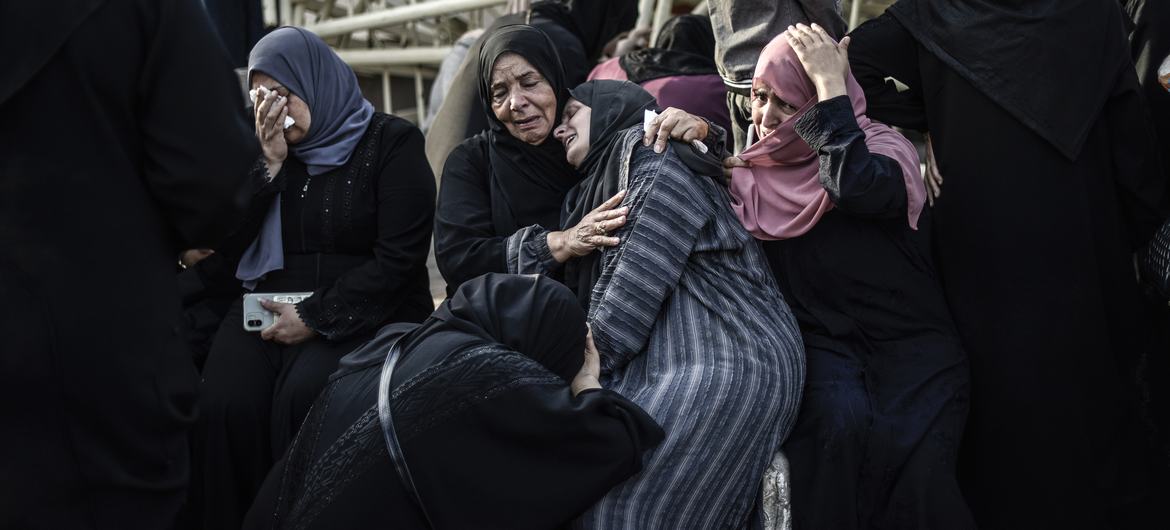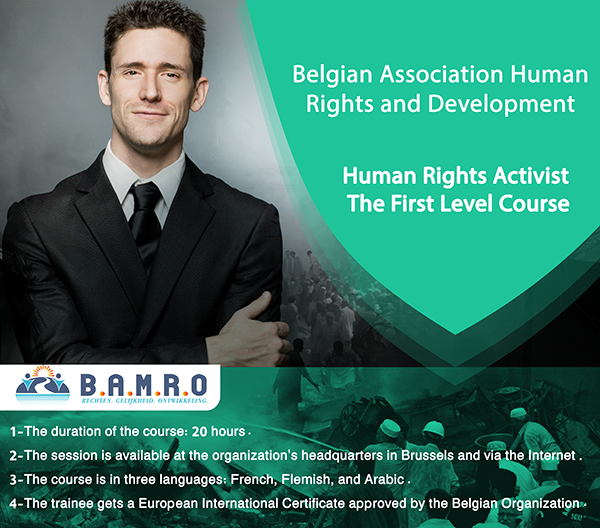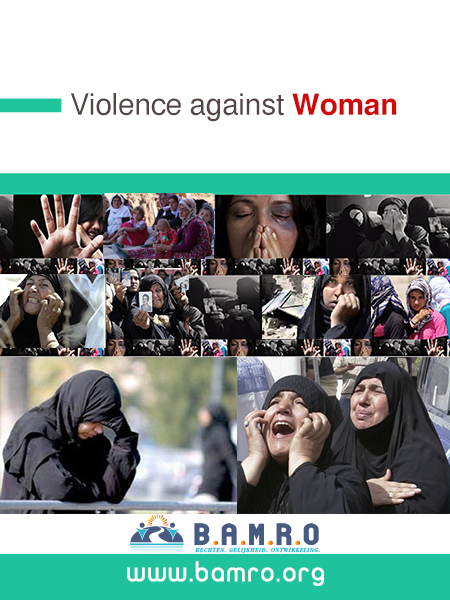Vote
-
For further training via the Zoom program or at our office? ?
Register a
Violation
We you
Contact youS.O.S.
0032 02 7322568
Gaza: UN rights chief appeals for end to violence and a return to dialogue
The resumption of hostilities in Gaza and its terrifying impact on civilians underscore the need for the violence to end and a long-term political solution between Palestinians and Israelis to be found, the UN High Commissioner for Human Rights said on Sunday.
“Silence the guns and return to dialogue – the suffering inflicted on civilians is too much to bear. More violence is not the answer. It will bring neither peace nor security,” Volker Türk said in a statement, voicing deep concern that negotiations towards a continuation of last week’s pause had reportedly stalled.
Fighting resumed on Friday and hundreds of Palestinians have been killed by Israeli bombardments, he said, citing the Gaza Ministry of Health.
No safe place
Mr. Türk feared the renewed and intensified hostilities would lead to even more death, disease, and destruction.
“As a result of Israel’s conduct of hostilities and its orders for people to leave the north and parts of the south, hundreds of thousands are being confined into ever smaller areas in southern Gaza without proper sanitation, access to sufficient food, water and health supplies, even as bombs rain down around them,” he said, adding “there is no safe place in Gaza.”
He stressed that international law and human rights law uphold the protection of civilians and the facilitation of unimpeded humanitarian access to people in need.
Concern for north Gaza
The UN human rights chief also highlighted how hundreds of thousands of people remaining in northern Gaza are at renewed risk of bombardment and continue to be deprived of food and other essentials.
He said this appalling situation and the orders to move south means people are essentially being forced to move in what appears to be an attempt to empty northern Gaza of Palestinians.
“The world bore witness of week upon week of horror since this latest crisis began, marked by extremely grave concerns around wilful killing of civilians, firing of indiscriminate rockets, indiscriminate attacks using explosive weapons with wide-area effects in populated areas, forms of collective punishment, obstruction of humanitarian aid, and hostage-taking – all forbidden under international law,” he said.
He added that extremely serious allegations of multiple and grave breaches of international law must be fully investigated and those responsible held to account. In cases where national authorities prove unwilling or unable to carry out such investigations and prosecutions, international investigation is necessary.
Listings
- 1
- 2
- 3
- 4
- 5









